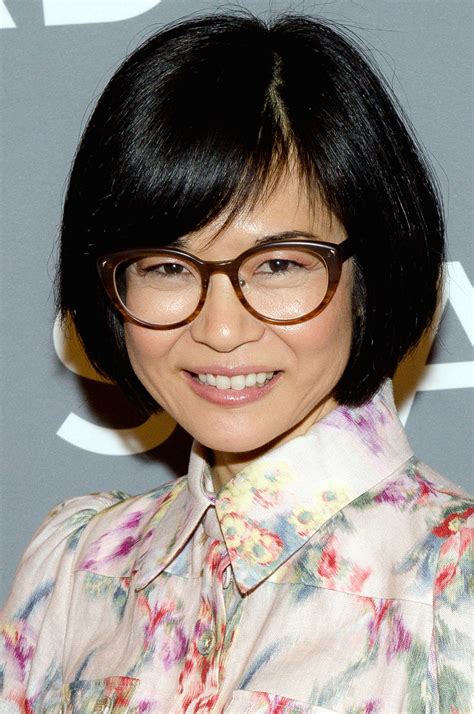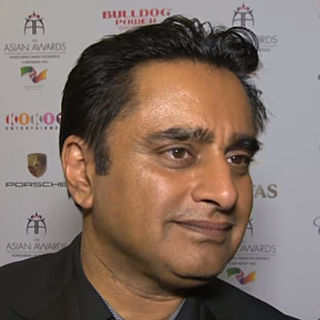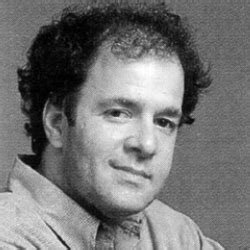A Quote by Ross Butler
Eventually we got to a point where 'Riverdale' came along, and it was a character that was originally written white, and I saw this as an opportunity to take a classic American character and make them Asian.
Related Quotes
There have been times I thought that when I got a certain point in the story, a certain character was going to do a certain thing, only to get to that point and have the character make clear that he or she doesn't want to do that at all. That long phone conversation I thought the character was going to have? He hangs up the phone before the other person answers, and twenty pages of dialog I had half written in my head go out the window.
The (Sir Arthur Conan Doyle) stories were great, for one. The thing that makes him a remarkable character is how he can withstand all of these different interpretations and different styles and, that's what makes a classic character a classic character; they keep coming back and you see them in a new way every time.
We cannot educate white women and take them by the hand. Most of us are willing to help but we can't do the white woman's homework for her. That's an energy drain. More times than she cares to remember, Nellie Wong, Asian American feminist writer, has been called by white women wanting a list of Asian American women who can give readings or workshops. We are in danger of being reduced to purveyors of resource lists.
When you are writing, you have to love all your characters. If you're writing something from a minor character's point of view, you really need to stop and say the purpose of this character isn't to be somebody's sidekick or to come in and put the horse in the stable. The purpose of this character is you're getting a little window into that character's life and that character's day. You have to write them as if they're not a minor character, because they do have their own things going on.
It makes it easier, if you can't do an American accent. I don't know. It's different. I played a character in Never Let Me Go where the script for my character was very sparse, and I enjoyed it. With Never Let Me Go, I had a whole book written from my character's point of view, so I always knew where I was. But, with Ryan [Gosling], it was just easy. He's such a brilliant actor and he is so prepared. He doesn't have to warm himself up to be in a scene. He's just in it. It draws you in, in a way.
I've been lucky that even when I was younger, just because of my look or whatever, I was afforded the opportunity or called on to try. 'Can you do this Hispanic character?' 'Can you do this Italian character?' 'Can you do this Jewish-American character?' I just had to develop a facility for their accents.
I sense a kind of fear of writing black or Asian characters from non-ethnic writers, who perhaps feel that they don't know the culture and therefore can't write about it. By and large, if there's an Asian character, I might get a call. But if the character is called 'Philip,' the chances are I won't.




































